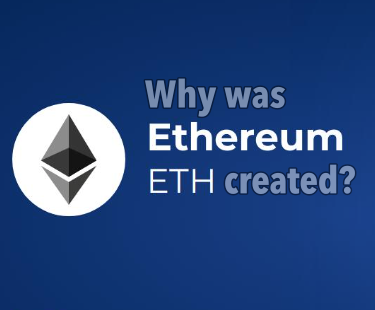Unlike Bitcoin, Ethereum isn't just a currency; it's a decentralized platform that facilitates the development of various applications. Buterin sought to create a blockchain that could support a broader array of functionalities beyond simple monetary transactions. This led to the creation of a more flexible and programmable blockchain infrastructure.
The introduction of Ethereum brought about a revolutionary concept—smart contracts. These self-executing contracts are encoded with predefined conditions and automatically execute when those conditions are met. This feature not only expedites transactions but also eliminates the need for intermediaries, ensuring transparency, security, and efficiency in contractual agreements.
Moreover, Ethereum introduced the concept of decentralized applications (DApps). These applications function independently on the Ethereum blockchain without a central authority overseeing their operations. This decentralized nature offers enhanced security and resilience while providing a platform for developers to create innovative solutions across various industries.
Overall, Ethereum's creation represented a significant leap forward in blockchain technology, expanding its capabilities beyond the limitations of a simple digital currency. It paved the way for a more versatile and programmable blockchain ecosystem, enabling the development of a myriad of decentralized applications and the execution of smart contracts with unparalleled efficiency and security.



0 Comments